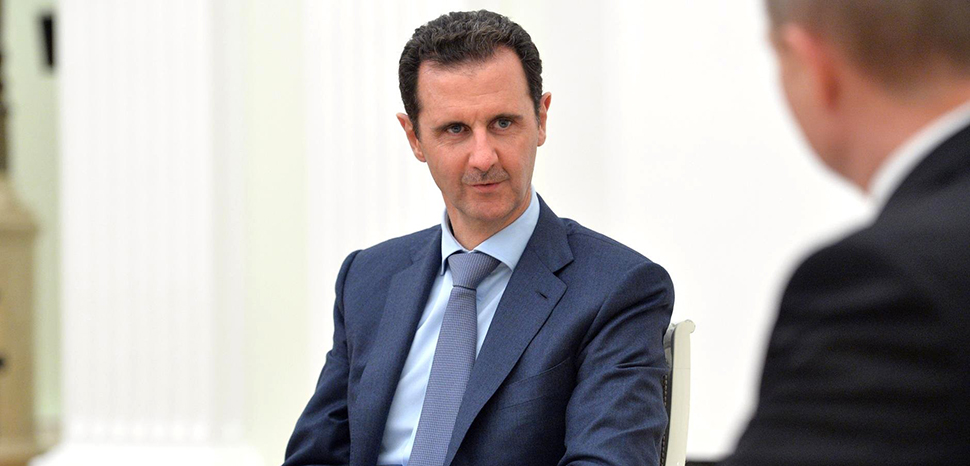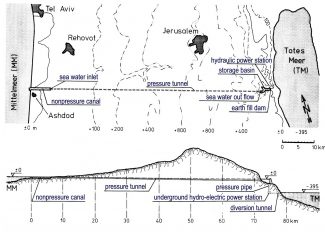On June 29th, Syria formally recognized Russia’s proxy states, known as the Donetsk People’s Republic and Luhansk People’s Republic as sovereign nations, becoming the second country outside of Russia to do so. The unilateral decision by Bashir al Assad drew swift international condemnation and a formal split in diplomatic ties between Syria and Ukraine. Assad has become one of the most comfortable men in the world being shielded by the Kremlin, but his actions regarding Ukraine can very much backfire on his government in Syria.
It is no secret the deep ties Syria has held with Russia, a relationship sowed since the early 70s at the height of the Cold War. The Soviet Union constructed a naval facility in Tartus, which Russia inherited after the collapse. Syria is now the only Middle Eastern stronghold remaining for Russia. When it seemed like the Assad government was in a state of collapse, under siege by ISIS and a string of Syrian rebel victories near Latakia, Russia formally intervened on behalf of Assad. The tide of the war changed decisively, eventually ensuring that Assad’s seat of power was no longer under threat; however, this intervention came with a price of growing international condemnation and numerous reports of humanitarian abuses. Such reports include Russian indiscriminate bombing campaigns against civilians, and shielding the Syrian government and military after numerous chemical weapons attacks, which the Kremlin continues to deny.
With Russia’s ongoing invasion of Ukraine, arguably the most internationally condemned military action since the Yugoslav Wars, the Kremlin has been desperate for allies. With China taking a quite neutral, yet pro-Russian stance, India being firmly neutral, and CTSO member states such as Kazakhstan and Kyrgyzstan pointing to international law as a guide, Russia has only received support from countries with hardline authoritarian regimes, such as Eritrea, Nicaragua, North Korea, Belarus, Syria, Iran, and Cuba. These countries were the only UN member states to vote ‘no’ at the United Nations vote to condemn Russia’s military aggression in Ukraine.
While Assad’s strategy is to continue satisfying the Kremlin, one can argue that he has become complacent and comfortable thinking that he is now untouchable. For example, despite his outward faith in Russian military support, the military outlook is darkening. In April, the general who led Russia’s military campaigns in Syria, Alexander Dvornikov was appointed by Putin to lead Russian military forces in the Donbas region. The infamous Wagner paramilitary group also redeployed its mercenaries from Syria and other parts of Africa. In May, Russia also recalled a number of troops from Syria to Ukraine, indicating major manpower shortages and large combat losses in the war. This has left a power vacuum back in Syria which various powers with poor relations with the Assad government, such as Turkey, Israel, Syrian rebels, or ISIS, could exploit.
Recently, President Tayyip Erdogan announced plans to expand further into Syria in order to create a buffer zone along the shared border. This has increased tensions with the Assad government, resulting in Syrian military units being deployed alongside Kurdish forces in the north. With recent praises for Erdogan by U.S. President Joe Biden on lifting their veto on Finland and Sweden’s NATO membership, Syria is left in a bad position. One of the main reasons Kazakhstan stayed out of the war was to dodge international sanctions, which would have affected them if they had sent troops or supported the Russian proxies’ invasion of the Donbass region, something Russia had formally requested from Kazakhstan.
As nations have started to cozy up to Assad, particularly the Arab League, it has made him even more narcissistic, believing he really is shielded from further international isolation. With Assad being an accomplice with stolen wheat from Ukraine, and now firmly backing Russia, the Syrian government has made themselves a target once again. With current manpower difficulties Russia is facing along with a renewed NATO spirit to defeat and counter Russian influence and aggression, Assad has little guaranteed military support on renewed geopolitical actions against him, and this time, it could spell the end of his regime.
The views expressed in this article belong to the authors alone and do not necessarily reflect those of Geopoliticalmonitor.com




